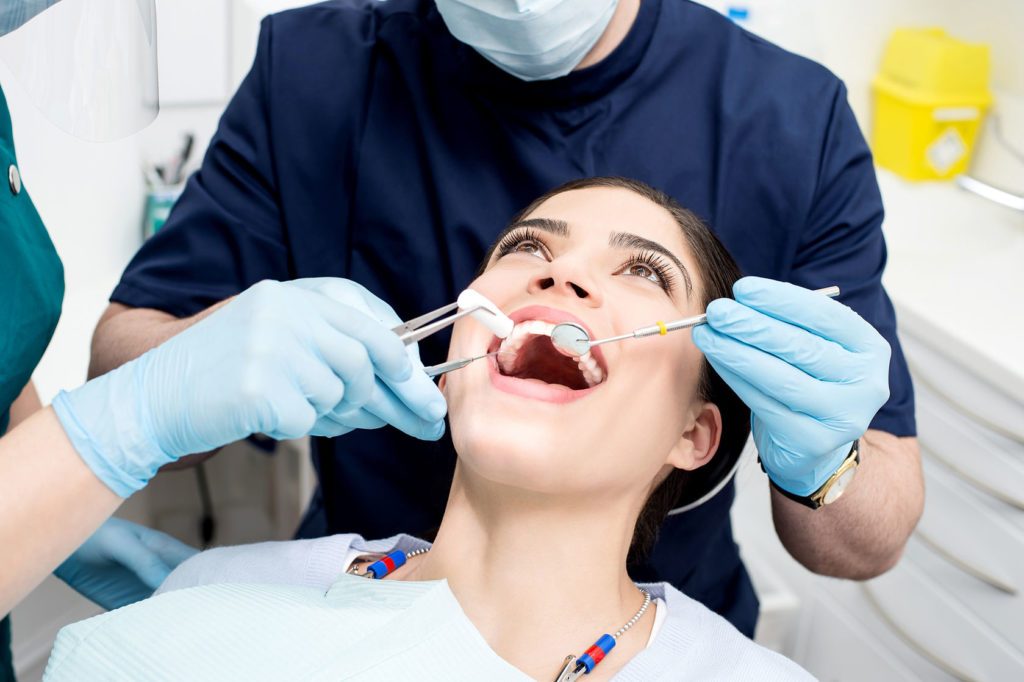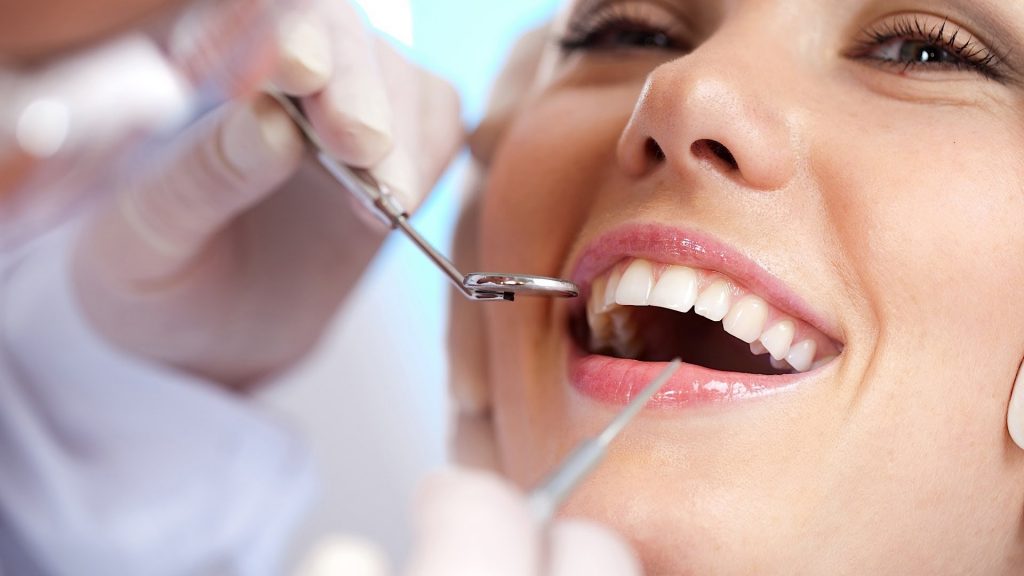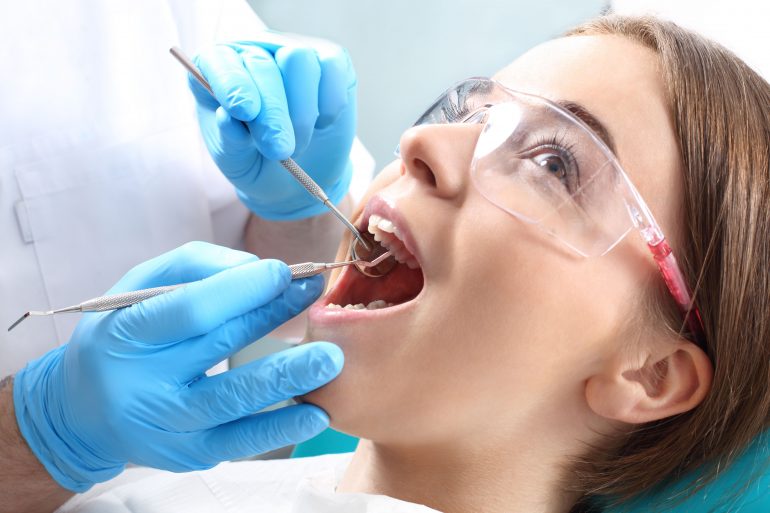Caries, gingivitis, halitosis, bruxism. The diseases that can endanger our oral health with qualified doctors are very diverse and many Teeth Care are caused by poor hygiene. In addition, depending on the stage of life, it is more common to suffer one or the other. We explain in detail what problems most often affect our mouth depending on our lifetime. Discover them to be able to prevent them.
Teeth care in children

- Dental trauma. Falls are the bread of every day in children who are learning to walk. If as a result of one of these falls one of the teeth moves or has fallen, you must go to the dentist to assess the injury. In the case of a permanent tooth, going to the emergency room in the first hours after the accident is the only option we have to recover it, so do not ever let it go.
- Baby bottle cavities. Cavities in baby teeth affect children between 1 and 5 years. It is a disease that progresses very quickly and can become very destructive, so it is essential to go to the dentist as soon as you see any symptoms (pain and infection in the gums) or you notice that the tooth is “chopped”.
Teeth care in adolescents

- As we were advancing in previous lines, caries is a disease that progresses at great speed. It is characterized by the destruction of the tissues of the tooth that occurs as a consequence of the demineralization caused, in turn, by the acids generated by the bacterial plaque. Preventing it is possible with proper hygiene and an annual visit to the dentist.
- Teeth misaligned Teeth separated, crowded, misplaced, in all these cases, carrying out proper hygiene becomes a complicated task, thus increasing the risk of caries and periodontal diseases. In addition, misaligned teeth can generate tension in the muscles causing headaches, neck, shoulders, and back. The solution? Orthodontics. They are fixed and removable. Your dentist will advise you on the most advisable option in your case.
- This inflammation of the gums is often caused by poor hygiene and the symptoms manifest as red, inflamed and bleeding gums. Preventing it happens by brushing the teeth correctly three times a day and making the annual visits to the dentist that correspond. If it has already appeared, it should be treated without delay, as it can evolve into periodontitis.
Teeth care in adults

- The periodontal disease is an infection that starts with receding gums and can actually cause irreversible tissue destruction, so it is very important to see your dentist as one of its symptoms is observed (swollen and bright gums, sensitive to touch, spaces between the teeth and bad breath).
- Caused by stress and bad postures, bruxism is the unconscious habit of clenching or grinding teeth, often during sleep hours. It is corrected using discharge splints that aim to reduce joint cracking.
- Its causes can be several. On the one hand, it can be caused by poor hygiene and, on the other, it can have its origin in different diseases such as gingivitis or periodontitis. To prevent halitosis it is fundamental to brush the teeth in depth, especially after each meal. If the problem persists, it is best to go to a specialist who can prescribe a treatment.
Teeth care in elderly people
- Loss of teeth In adulthood, after age 40, the teeth begin to age and, in some cases, may fall. The loss of dental pieces is treated by placing a prosthesis known as making dental crowns or making a dental implant.
- Dry mouth. As a consequence of a decrease in salivary flow, often associated with advanced age, there is a dry mouth syndrome or xerostomia. It can be treated with salivary stimulants and carrying out a very thorough cleaning (oral cleaning must be carried out with a specific rinse).
If you are experiencing any problem with your mouth, do not let it go. At the Dr. Roze the best dental implants clinic we can help you solve it. Ask for an appointment with us.



